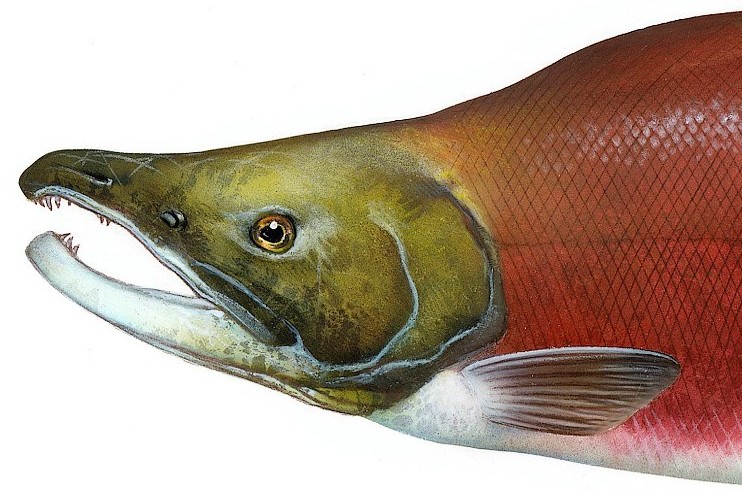It looks like the end of Jim Webb’s quest for the presidency, at least as a Democrat. I thought he would hang around a little longer but, having given reporters a chance to dust off the word “quixotic,” Webb’s campaign appears to be an end.
As we discussed last week, Webb was bound to fail because the constituency he represented most strongly, Appalachian Democrats, no longer exists in any strength. The shift has been dramatic, much more so than the lowland South’s fifty-year mosey over to the party of Lincoln or New England’s gradual drift to the party of Jeff Davis. Parts of Appalachia, like eastern Tennessee, have always had Republicans (V.O. Key made that point in Southern Politics in 1949!) but much of the region stayed strong until much more recently. Look at the George Bush’s 1988 landslide: even as every state around it voted Republican, West Virginia was Dukakis’s sixth-best state. Clinton carried it twice, and it wasn’t even close! But since George W. Bush narrowly won it (and the surrounding regions of nearby states) in 2000, the Democrats have given up on West Virginia and the rest of Appalachia. Webb’s fate just proves the point to anyone who had any doubt.
Being abandoned by one party, though, doesn’t make you love the other. Plenty of Webb Democrats are now Republicans, but I suspect many others simply view the G.O.P. as the next best thing, rather than a true political home as FDR’s Democratic Party was to them. Without an effort from the Republicans, Webb Democrats have as much chance of becoming Trumpites as anything. Republicans have been getting better at envisioning solutions to urban poverty, they should not neglect the plight of the rural poor. The national Democrats have abandoned a whole section of America. The GOP should not do the same.


